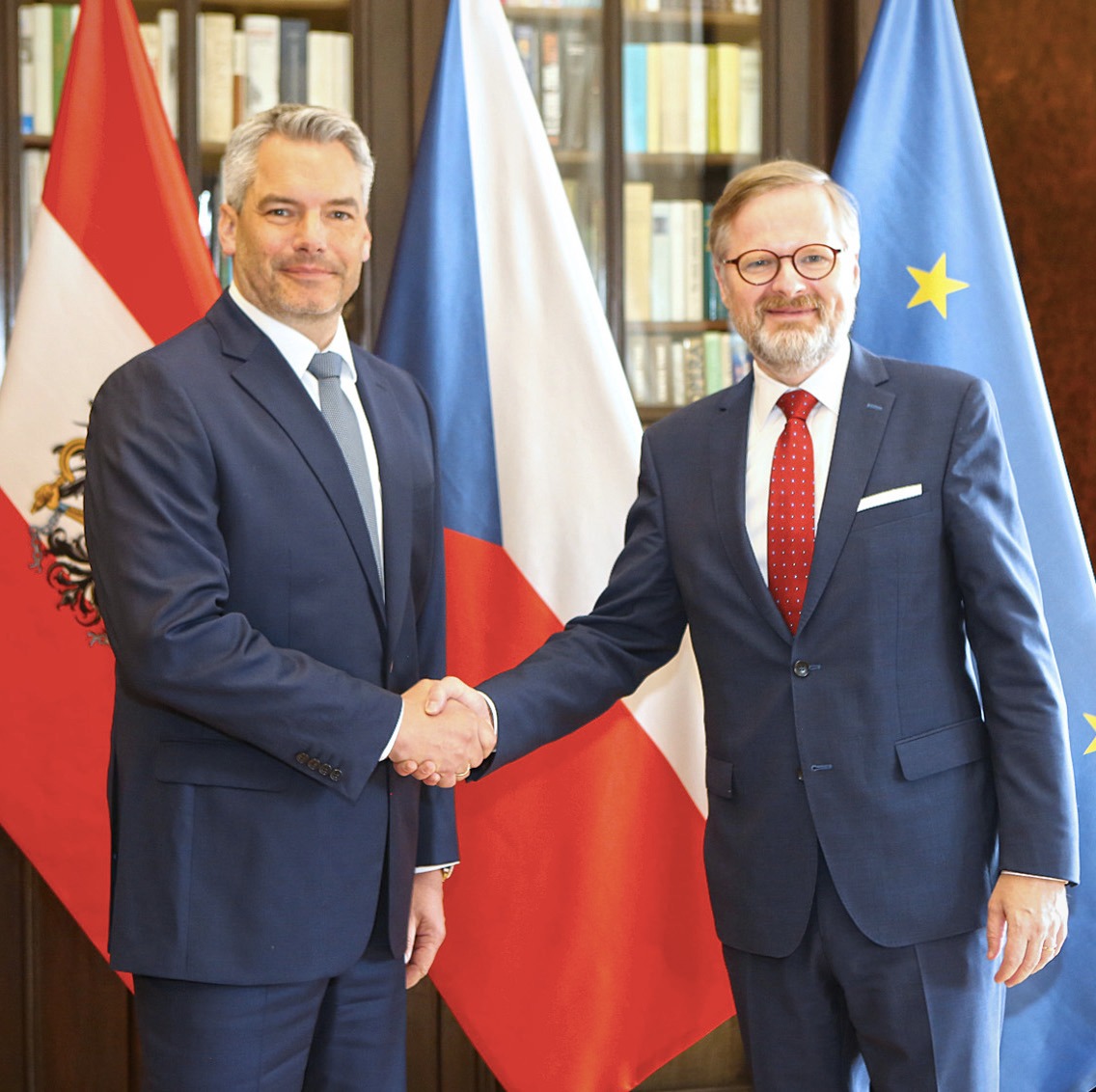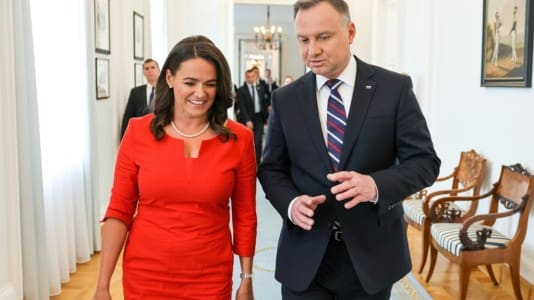The Czech Republic could further reduce its dependence on Russian oil after Austria agreed to expand the Transalpine Oil Pipeline (TAL) capacity, said Czech Prime Minister Petr Fiala.
The Czech leader said that Austrian Chancellor Karl Nehammer has voiced his support for the project, which transports crude oil from Trieste, Italy, to Central Europe. On Tuesday, Fiala welcomed Nehammer to a meeting in Prague.
“I very much appreciate that the chancellor is ready to support our efforts to expand the TAL pipeline with his authority so that we will have sufficient oil capacity in the future in case the Russian oil cannot be used in the Czech Republic for any reason,” said Fiala.
The talk of greater use of the TAL pipeline connects to a possible EU embargo on oil imports from Russia, which flows into the Czech Republic mainly through the Druzhba pipeline. The Czech Republic connects to the TAL via the IKL product pipeline. Last year, Czechia covered about 51 percent of oil imports through IKL.
An increase in deliveries of up to 6 million tons should be possible after expansion of the TAL pipeline. In the past, the pipeline transported up to 42 million tons of oil per year. In the past two years, the flow was 38 million tons.
Gas solidarity
The Czech statesmen also talked about the possibilities of reducing the high dependence on Russian gas in both countries.
“We agreed on the need to work with countries that can build new LNG terminals and expand capacity,” said Fiala.
According to him, Austria is in a specific situation, as it has one of the largest gas storage capacities in Europe. Fiala and Nehammer talked about the possibility of making use of the capacity to help the Czech Republic. The storage facilities are privately owned, so it would be necessary to negotiate with the owners.
If Russia’s gas supplies to Europe end quickly before the countries build alternative capacities, the solidarity of other European countries with those at the end of the gas pipelines, with no ports and a chance to deal with the situation themselves, would be necessary.





